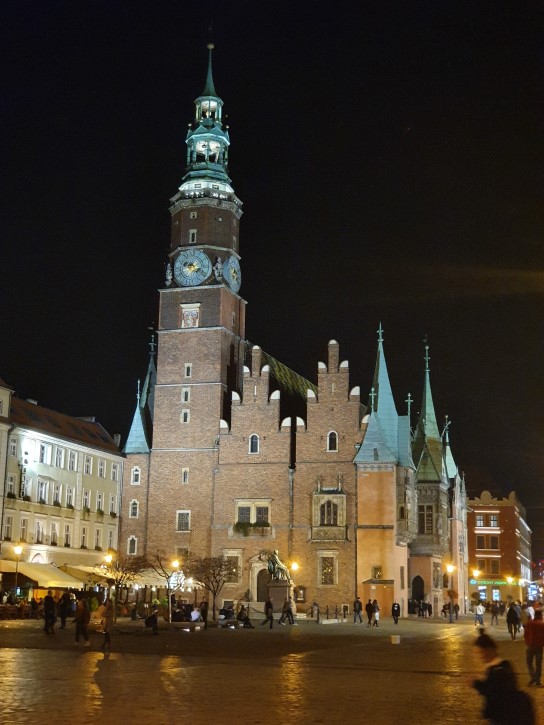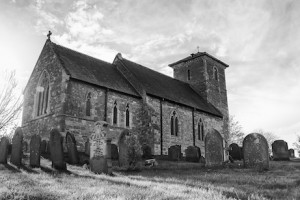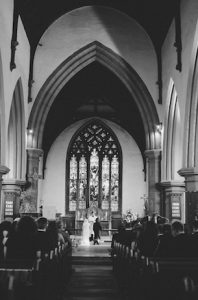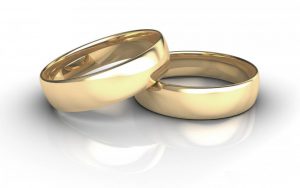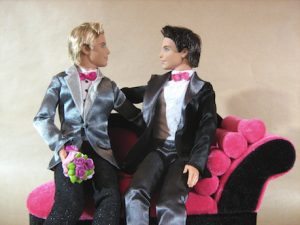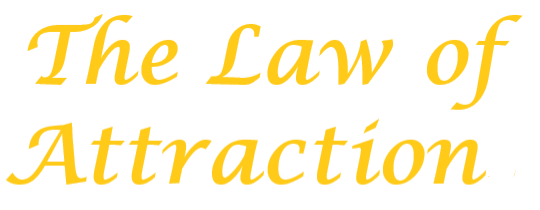
The Law of Attraction arguably became famous with the book: The Secret. Later, a film was made about The Law of Attraction with the same title as the book.
The basic theory of The Law of Attraction is that your thoughts and emotions attract people, things and events into your life. Whether or not you realise it.
Each thought or emotion is energy that is transmitted into the Universe. By changing your thoughts and emotions, you can attract whatever you want into your life. The Universe is essentially an abundant cosmic ordering system. Your orders are always fulfilled, but what you get depends on what you order through your transmitted thoughts and emotions.
The Law of Attraction theory does have some merits, but also in my opinion some fundamental flaws. I will discuss these in Pros/Cons lists below. But first, a full disclosure: I’ve watched the film, not read the book. But this shouldn’t matter as I’d imagine they both essentially contain the same basic theory.
| Pros | Cons |
| Thoughts and feelings are energy is true. If they were not, our brains would use quite so much energy. | One of the core concepts of The Law of Attraction is that where you are today (your current circumstances) is a direct result of your past thoughts and emotions. There is an element of blame associated with this concept, that could lead to feelings of guilt and shame (both really negative emotions that are good for nothing). Guilt and shame have been used as tools in the Roman Catholic Church to manipulate and control people. This concept also has no mention of actions. People’s direct actions lead to direct consequences. For example, if a person drinks a litre of vodka daily, sooner or later the direct consequence is going to be cirrhosis of the liver. |
| The first step is to ask the Universe for what you want by wishing for it. Wishing is a common concept in every Spiritual/Religion system I have ever come across. Different systems just give it different names, such as prayer or spell craft. | Blind belief is required. If what your thinking about is not manifesting into your life, you mustn’t be believing that it will and therefore are self-sabotaging. This again feels like blame (see point above as to why that’s bad). |
| Positive thinking through gratitude can be helpful and have a positive impact on your life. This is true and evidence in the form of research studies are proving this. There’s a reason that there’s been an explosion of gratitude journals on commercial markets across the world in recent years. | That you can make every area of your life exactly as you want it to be at all times. Essentially, that you can make your life perfect, all the time, forever. Whilst a lovely thought, I think this idea is a cult-like belief aimed to attract and exploit the vulnerable in our society. Let’s just consider it for a moment. Okay, what areas of my life have I got going on? Health, wealth/money, home, career, social relationships, romantic relationship and spirituality. It is highly unlikely that anyone could ever get all these areas to line up and be perfect. I have never met someone who essentially has got life perfect. The exact way they want it. Have you? No, I expected not. But just remember there’s blame again if your life isn’t perfect: you must be thinking or feeling wrong. The Universe is infinitely complex and this is another reason this doesn’t work for me. |
| Emotion is stronger than thoughts and is more effective at bringing into your life what you want. From personal experience, when I feel emotions and thread that energy into my spell work, my spells are more than x10 times effective, than casting with thoughts alone. | The Law of Attraction doesn’t explore how our thoughts, emotions and actions impact on the lives of others. This is despite it briefly being mentioned. A universal truth for me is that our thoughts, emotions, actions or inaction can and do affect others. |
| That words and wording are extremely important. I believe this to be true. I often see Wiccan’s add: But do no harm to anyone at the end of spells. Then they get frustrated when their spells don’t work, you are essentially tying the Universe’s figurative hands by saying & thinking this. For example, in order for you to get money by casting a spell for it, someone has to lose it. Therefore the person losing money is harmed. The Law of Attraction has an interesting idea on the importance of the use of language. Say you want to be debt-free. Don’t use the word debt-free. As the Universe might think you want debt because you’ve mentioned it and therefore attract more of it in your life. Instead, say something like: I am financially secure and prosperous or I have millions of pounds in the bank. | The Law of Attraction doesn’t explain or even mention how other people’s thoughts, emotions or actions can affect your life. And these most certainly do. |
| I like that The Law of Attraction is empowering and does mention something about sharing good events and fortune with others. It’s just a shame that it doesn’t go into more detail of this. | |
| Visualisation is really important. If you can’t visualise it happening, it’s very unlikely happen. | |
| Repetition is important in terms of both thoughts (intentions) and emotions. This is why Witch’s often repeat spells 3, 6, 9 or 12 times. Three is a very magical number. |
There are more Pros than Cons when it comes to The Law of Attraction. The problem is that the Cons are pretty big ones.
Blog soon,
Antony


